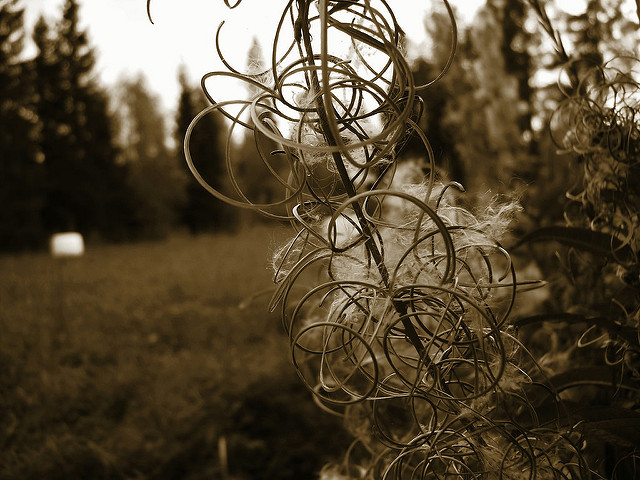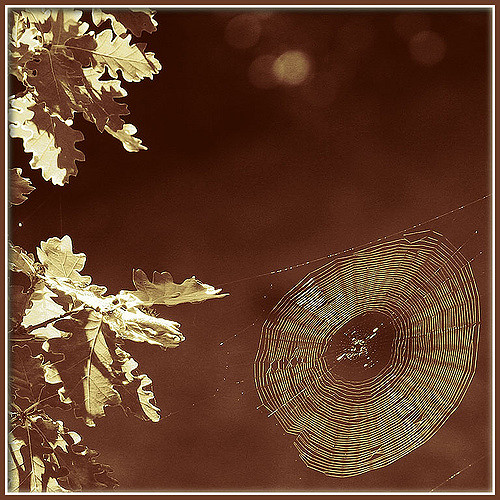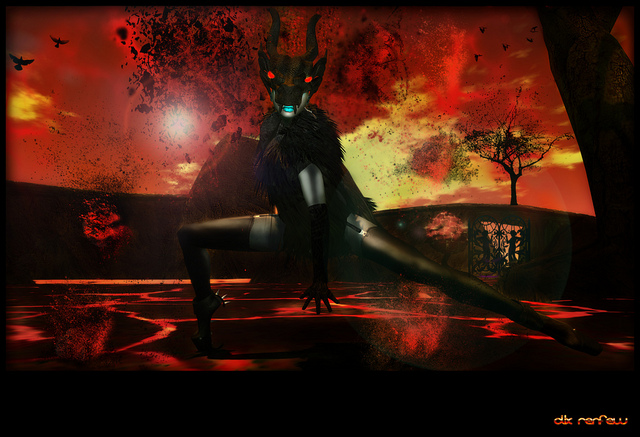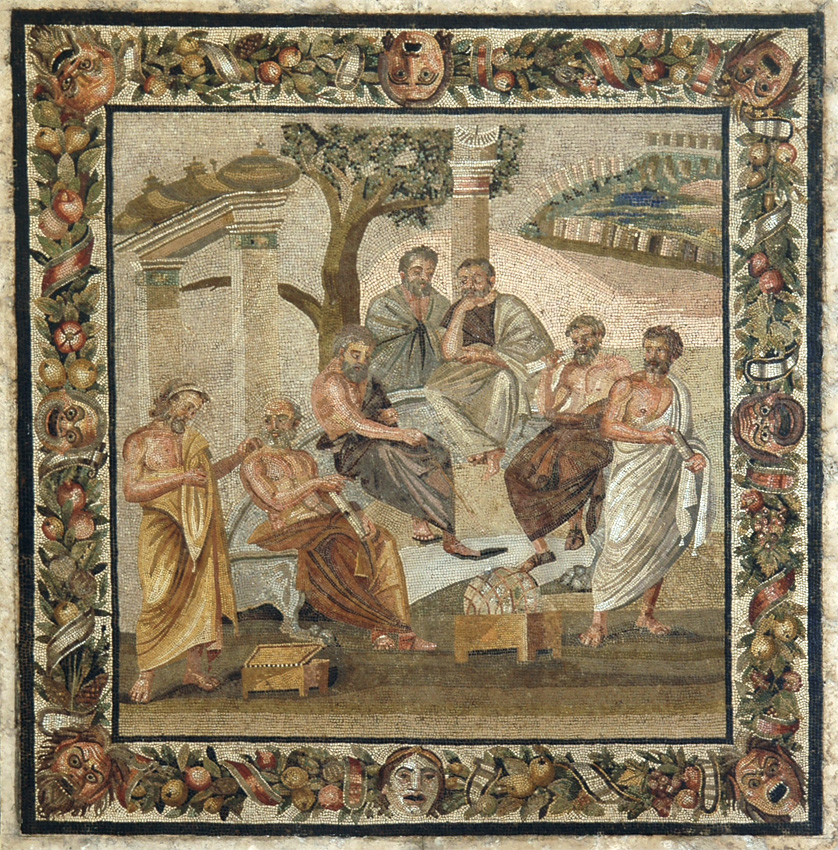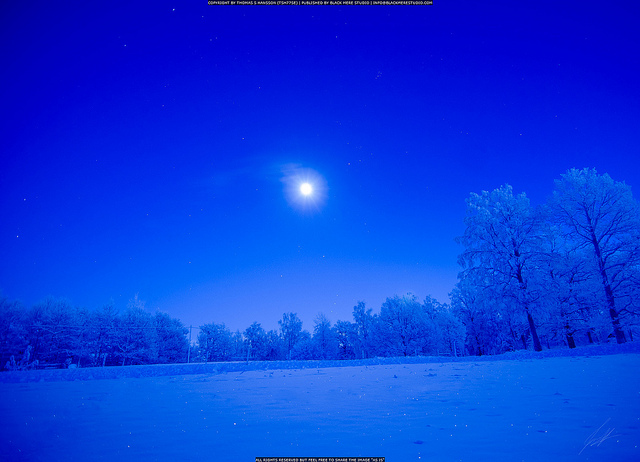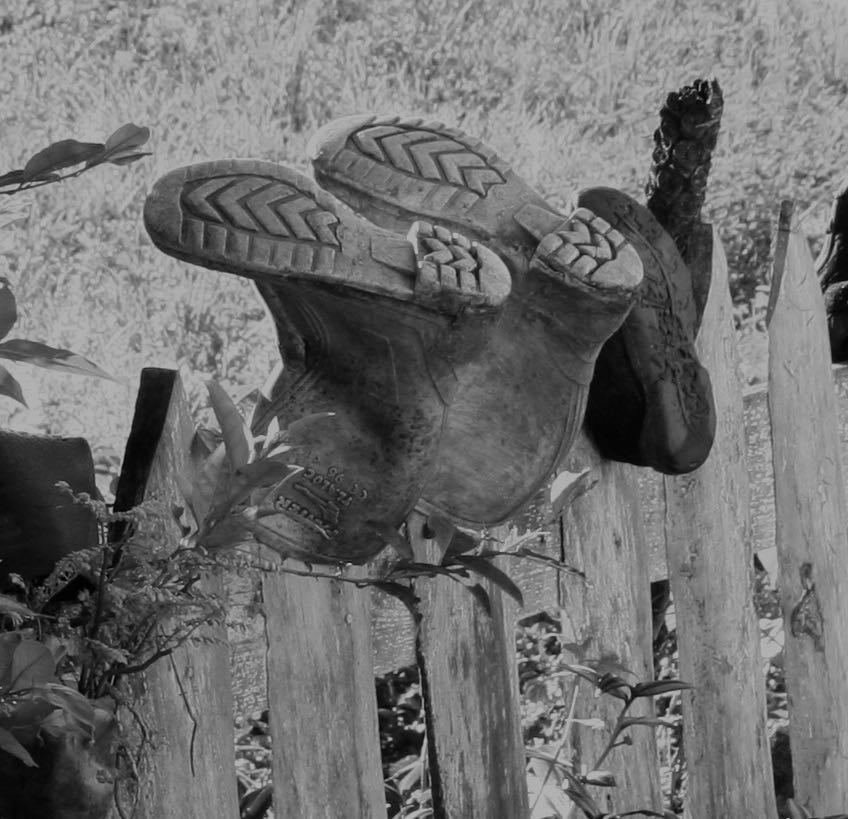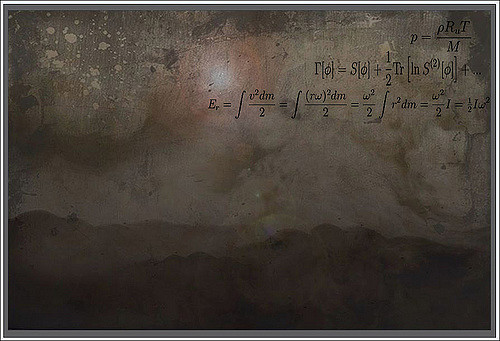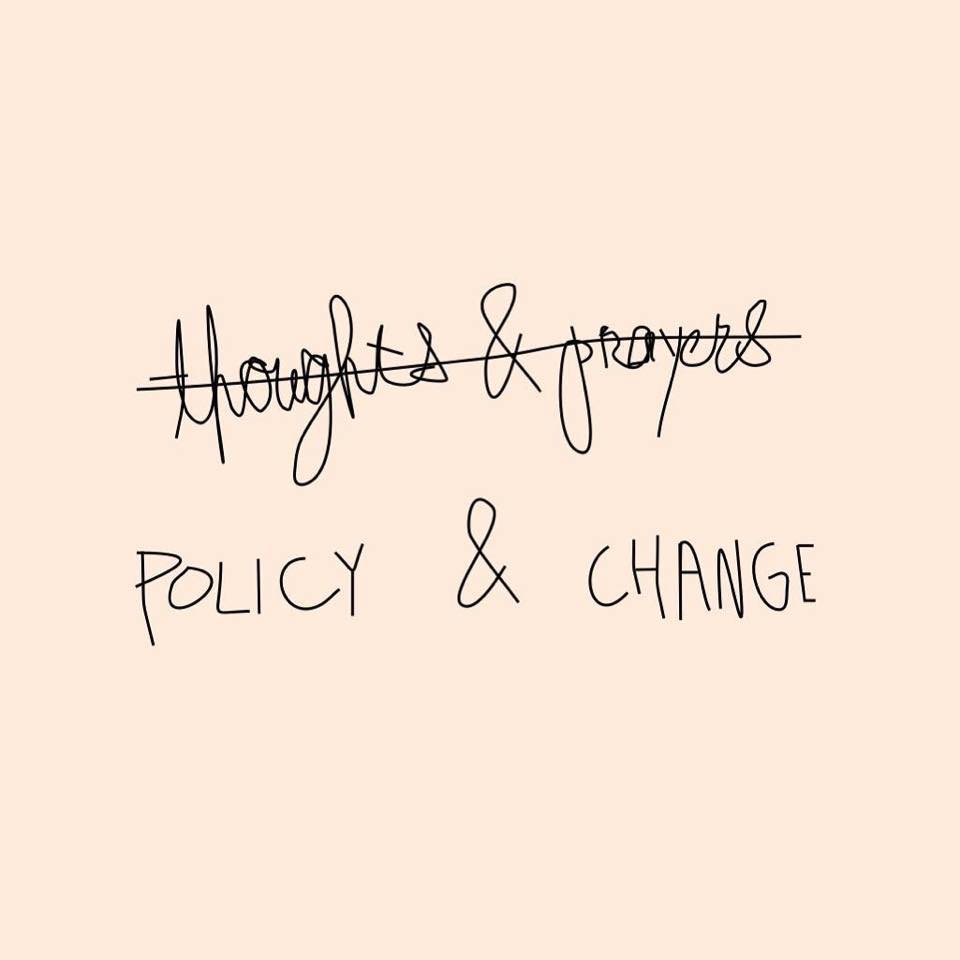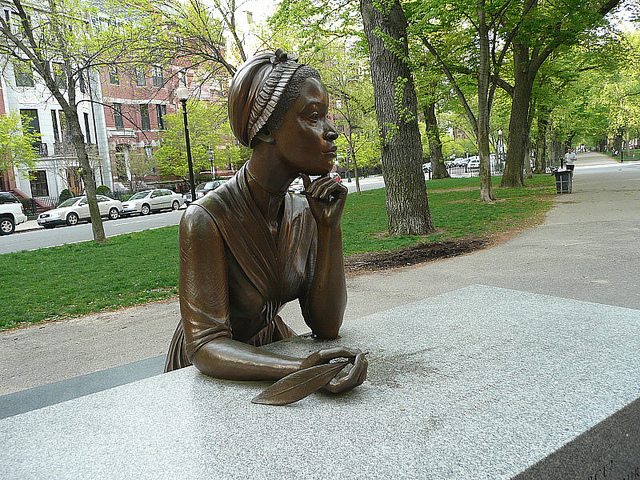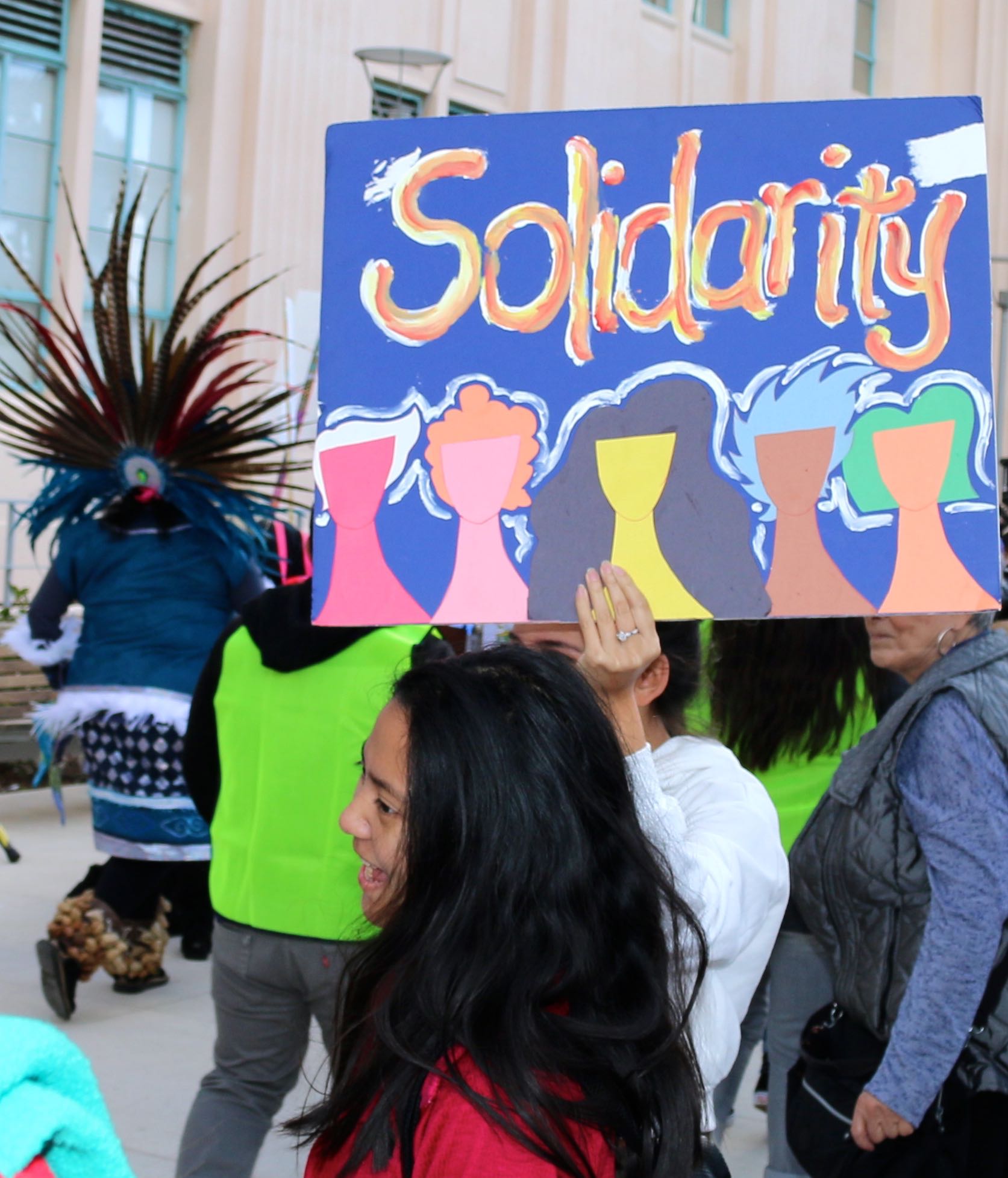Two Poems by Gary Glauber
[fusion_builder_container hundred_percent=”no” hundred_percent_height=”no” hundred_percent_height_scroll=”no” hundred_percent_height_center_content=”yes” equal_height_columns=”no” menu_anchor=”” hide_on_mobile=”small-visibility,medium-visibility,large-visibility” class=”” id=”” background_color=”” background_image=”” background_position=”center center” background_repeat=”no-repeat” fade=”no” background_parallax=”none” enable_mobile=”no” parallax_speed=”0.3″ video_mp4=”” video_webm=”” video_ogv=”” video_url=”” video_aspect_ratio=”16:9″ video_loop=”yes” video_mute=”yes” video_preview_image=”” border_size=”” border_color=”” border_style=”solid” margin_top=”” margin_bottom=”” padding_top=”” padding_right=”” padding_bottom=”” padding_left=””][fusion_builder_row][fusion_builder_column type=”1_2″ layout=”1_2″ spacing=”” center_content=”no” link=”” target=”_self” min_height=”” hide_on_mobile=”small-visibility,medium-visibility,large-visibility” class=”” id=”” background_color=”” background_image=”” background_position=”left top” background_repeat=”no-repeat” hover_type=”none” border_size=”0″ border_color=”” border_style=”solid” border_position=”all” padding=”” dimension_margin=”” animation_type=”” animation_direction=”left” animation_speed=”0.3″ animation_offset=”” last=”no”][fusion_text]
Planet of the (r)Apes
The melancholy rubble
of all that once stood proud
& we went along with the story,
saluting & nodding
when it seemed easy to do.
What did we know & when?
So many who buried knowledge
behind shaky patriarchy,
its false melancholic glory
an inadequate foundation.
Smiles confidently ignored
awkward power inspiring
subordinate duck & cower,
looking akin to turning away,
looking the other way.
Aren’t you enraged?
Day to day to another lost year,
seasons of blind abuses,
making poor excuses &
safely moving on.
Then came the turning,
slowly at first,
a quake barely registering,
a low rumble of complaint
that gathered strength
to surface secrets
needing to be heard,
that one day might
lead to the kind of change
that will topple all.
This failure of gender
in plentiful mad assumptions
& unforgivable sexual plunder
seems a strange fiction,
a fetish-like affliction,
but sheer numbers say otherwise.
The entertainers, politicians,
professors, those in charge,
acting as if this was their due,
their sick advantage exercised
on a league of less fortunate targets
to satisfy predatory urges
and pseudo-supremacy,
an illusion of power
affording privilege,
a false birthright
making skin crawl accordingly.
Slowly, finally,
voices are being heard,
change forthcoming:
a legion of victims
finding expression after ages
of silent acrimony & regret.
So many (far too many)
& therein lies ignominy.
Apologies & feelings of shame
will never be sufficient
to even this brash misconduct.
We are a broken society
in need of new instruction
toward mutual respect
& overdue recognition.
These wrongs have
destroyed this planet
in ways only time
& right actions can heal.
That final scene of realization
on the beach, surrounded by
bikinis (& atolls forming),
epiphany of seismic proportion:
this is our Earth.
“You finally did it, you maniacs.
You blew it up!”
[/fusion_text][/fusion_builder_column][fusion_builder_column type=”1_2″ layout=”1_2″ spacing=”” center_content=”no” link=”” target=”_self” min_height=”” hide_on_mobile=”small-visibility,medium-visibility,large-visibility” class=”” id=”” background_color=”” background_image=”” background_position=”left top” background_repeat=”no-repeat” hover_type=”none” border_size=”0″ border_color=”” border_style=”solid” border_position=”all” padding=”” dimension_margin=”” animation_type=”” animation_direction=”left” animation_speed=”0.3″ animation_offset=”” last=”no”][fusion_text]
Sublimation
He enthusiastically supports
the man whose conflated policies
can thwart & negate him
because he is living proof
Willy Loman did not die in vain.
He sells; he is well-liked.
It’s Muslim with a small m,
no Nation of I action here.
His string of successes
is tied tightly to the capitalist
benefits of fossil fuels
& a planet slowly dying.
His carbon footprint
leaves divots the world over.
& yet, invited to become a member
of the prestigious country club,
he jumps at the chance.
Eighteen holes to prove
he is an example, an exception,
paraded around as proof,
a minority friend &
he gladly looks the other way,
focusing instead on the movie star
shaking hands gladly
across the banquet hall.
Every photo op
is his small revenge,
& he who laughs last
lives to laugh another day,
even when things get serious fast.
Life is funny like that
& compromise is the new normal,
alternate facts showing how
bleak is the new black.
[/fusion_text][/fusion_builder_column][/fusion_builder_row][/fusion_builder_container][fusion_builder_container hundred_percent=”no” hundred_percent_height=”no” hundred_percent_height_scroll=”no” hundred_percent_height_center_content=”yes” equal_height_columns=”no” menu_anchor=”” hide_on_mobile=”small-visibility,medium-visibility,large-visibility” class=”” id=”” background_color=”” background_image=”” background_position=”center center” background_repeat=”no-repeat” fade=”no” background_parallax=”none” enable_mobile=”no” parallax_speed=”0.3″ video_mp4=”” video_webm=”” video_ogv=”” video_url=”” video_aspect_ratio=”16:9″ video_loop=”yes” video_mute=”yes” video_preview_image=”” border_size=”” border_color=”” border_style=”solid” margin_top=”” margin_bottom=”” padding_top=”” padding_right=”” padding_bottom=”” padding_left=””][fusion_builder_row][fusion_builder_column type=”1_1″ layout=”1_1″ spacing=”” center_content=”no” link=”” target=”_self” min_height=”” hide_on_mobile=”small-visibility,medium-visibility,large-visibility” class=”” id=”” background_color=”” background_image=”” background_position=”left top” background_repeat=”no-repeat” hover_type=”none” border_size=”0″ border_color=”” border_style=”solid” border_position=”all” padding=”” dimension_margin=”” animation_type=”” animation_direction=”left” animation_speed=”0.3″ animation_offset=”” last=”no”][fusion_text]
Gary Glauber is a poet, fiction writer, teacher, and former music journalist. His works have received multiple Pushcart Prize and Best of the Net nominations. He champions the underdog to the melodic rhythms of obscure power pop. His two collections, Small Consolations (Aldrich Press) and Worth the Candle (Five Oaks Press) are available through Amazon, as is a chapbook, Memory Marries Desire (Finishing Line Press). This past summer he read selections from his most recent collection at the 2017 NYC Poetry Festival.
Illustration credit: Osiris, a dying planet, NASA
[/fusion_text][/fusion_builder_column][/fusion_builder_row][/fusion_builder_container]

